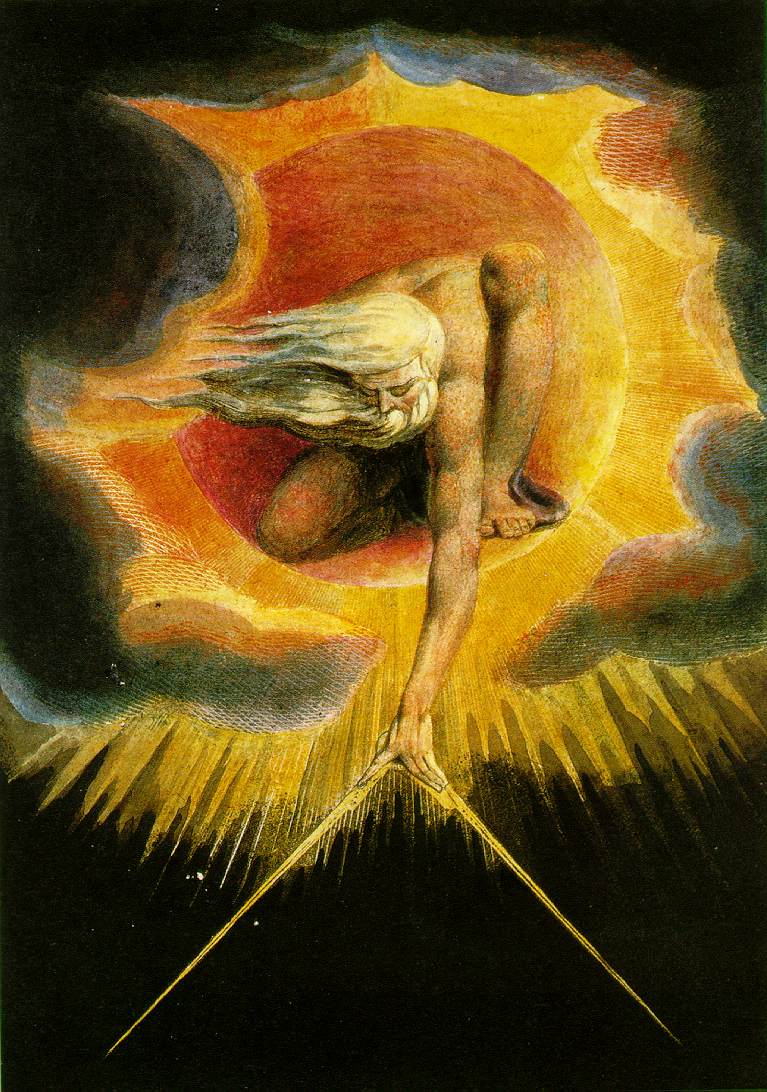Focusing on Jesus
First Advent Sunday C (29 Nov 2015)
Homily of Fr. Paul Panaretos, S.J.
Faithful; loving; saving. Those are qualities of our triune God. Advent calls us to let Jesus model them for us and for us to imitate those qualities as best we can. Prophets like Jeremiah and Jesus called people to count on God’s fidelity. Human trust in God’s fidelity fades. God says, I will fulfill [my] promise. Often people saw no hints of it. Seeing no hint does not mean God stops being faithful—or loving or saving.
Advent calls us to remember that Jesus is God’s promise fulfilled. Jesus, the Promised One, came not as people expected. Jesus entered our lowly humanity and revealed the loving tenderness of God’s heart.
Advent reminds us that Jesus will come again. His arrival has no timetable. The best way for us to expect Jesus’ glorious return is to live in faithful and loving ways and to count on Jesus saving us. Two things are frightfully easy: first, to behave as if everything depends on us; and second, to act as if I need no help, ever.
About the first: behaving as if everything depends on us. If I behave that way I risk thinking that I am the architect of faithful living and loving. I can get satisfied to the point of pride: I am so devoted and dependable! Pride—I’m not talking self-esteem, which is healthy, but pride: pride is all about me. If I exercise what looks like fidelity and love and do them for me instead of another I have not modeled myself on Jesus.
The second risk is acting as if I never need help. No one makes it through life without help. Some ignore any help received. When that becomes how anyone operates, then prayers to be saved by Jesus seem not to apply. If I need no help, then I would not join our Advent prayer to be made worthy to possess the heavenly Kingdom. If I need no help, then I would not need Jesus to guide me in [his] truth or to [his] justice. If I need no help, how can I call God my savior? If I need no help, then giving God homage in communal worship and private prayer will waste my time.
In our honest moments we know that we need help despite our knowledge and our experience. The terror abroad as well as at home reminds us in no gentle way that we cannot control everyone and everything. We can monitor our conduct. We can be more faithful and loving. We can admit we need help and ask Jesus to save us one day at a time. How might we be more faithful and loving and admit we need Jesus’ help? By keeping our eyes on Jesus as our model.
The word in the gospel we translate as be vigilant is to lose sleep. Often when say of ourselves we lost sleep, we mean we have worried excessively. That is not the only meaning: not to fall asleep at our post means we are vigilant, we keep an eye on things. Keeping eyes open is also how we learn. If a person wants to learn a craft, she closely watches an experienced practitioner. When it comes to learning how to live as Christians, Advent invites us to refocus our gaze and pattern our lives on Jesus, the model Christian.
_-_James_Tissot.jpg) Focusing on Jesus lets us participate in his saving action. Prophet Isaiah and St. Paul described our participation in Jesus’ saving action: Make [God’s] justice your aim: redress the wronged, hear…[and] defend the most vulnerable1; live temperately, justly, and devoutly [daily], as we await…the appearing of the glory of our great God and savior Jesus Christ.2
Focusing on Jesus lets us participate in his saving action. Prophet Isaiah and St. Paul described our participation in Jesus’ saving action: Make [God’s] justice your aim: redress the wronged, hear…[and] defend the most vulnerable1; live temperately, justly, and devoutly [daily], as we await…the appearing of the glory of our great God and savior Jesus Christ.2
God desires that all come around and be more faithful and loving. God does not desire that the appearing of the glory of our Messiah Jesus surprise us like a trap. Jesus’ return will surprise no one whose conduct is like his: blameless; single-hearted; moderate; faithful and loving.
In your daily 15 minutes with Jesus this week
- Be aware of our triune God longing for you with love.
- Ask Mary and the saints to present you to Jesus.
- Chat with him: praise Jesus for dying and rising for you; thank him for being born human for you to save us for his gospel and life with God.
- Ask Jesus for grace to keep focused on him and his manner of living with and for others.
- Close saying slowly the prayer Jesus taught us. It reminds us that all we enjoy is gift and that Jesus modeled for us a way of living that is at once human and divine.
Link to this homily’s Spiritual Exercise
____________
____________
Wiki-images: Advent wreath, First Advent Sunday by Micha L. Rieser CC BY-SA 3.0 Jesus Speaks of the Destruction of the Temple PD-US



_-_James_Tissot.jpg)

_-_James_Tissot.jpg)


